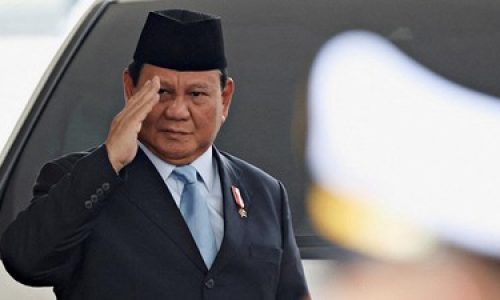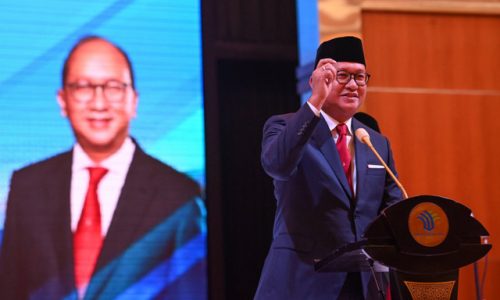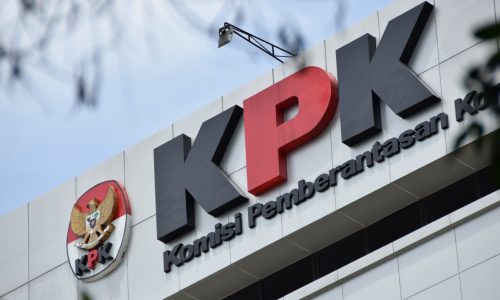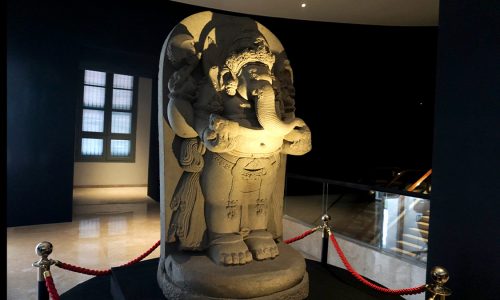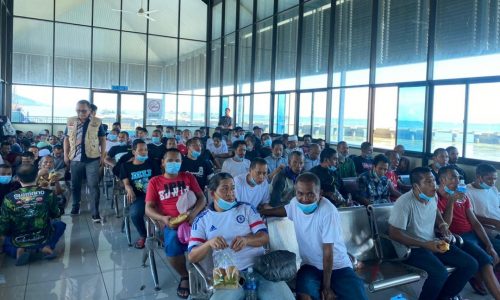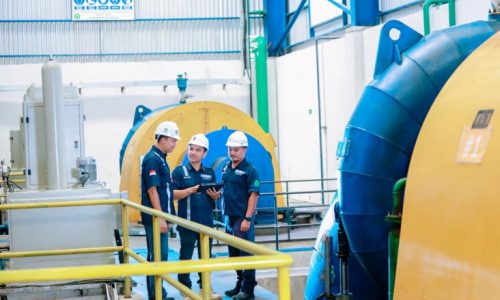Minister of Investment/Head of the Omnvestment Coordinating Board (BKPM), Rosan P. Roeslani, revealed that Tesla has reconsidered investing in Indonesia due to the country’s ongoing reliance on fossil-fuel-generated electricity.
During a hearing with Commission VI of the House of Representatives (DPR) on Tuesday, September 3, 2024 Rosan explained that Tesla, as an EV manufacturer, prioritizes clean energy to align with its vision of sustainability.
However, Indonesia’s industrial parks still largely depend on energy sources like coal, which contradict Tesla’s green energy goals.
Rosan acknowledged that Indonesia is somewhat behind in transitioning to renewable energy, while neighboring countries like Vietnam have already made significant strides.
For example, more than 62 percent of Vietnam’s industrial parks are powered by clean energy, such as hydro, solar, and wind power− making them more attractive to global investors like Tesla.
Although tensions between the U.S. and China have prompted some investors to shift operations to Southeast Asia, countries like Vietnam, Malaysia, and Thailand have benefited more than Indonesia.
Rosan noted that improvements in ease of doing business, legal certainty, and the availability of renewable energy are essential for attracting investment.
Previously, Coordinating Minister for Maritime Affairs and Investment Luhut Binsar Panjaitan mentioned that Tesla would not be building factories anywhere in the next one to two years.
Instead, Indonesia will continue to explore investment opportunities related to nickel downstreaming with Elon Musk’s company.
He pointed out that companies like Hyundai, Wuling, BYD, VinFast, and Chery are already investing in electric vehicle production in Indonesia, along with the development of battery manufacturing facilities in Karawang, West Java.
President Joko Widodo, in response to Tesla’s hesitation, emphasized that Indonesia is not reliant on a single brand for EV investment.



